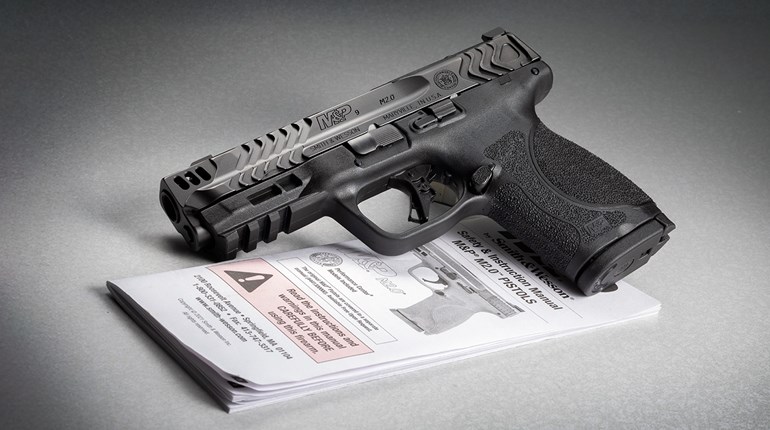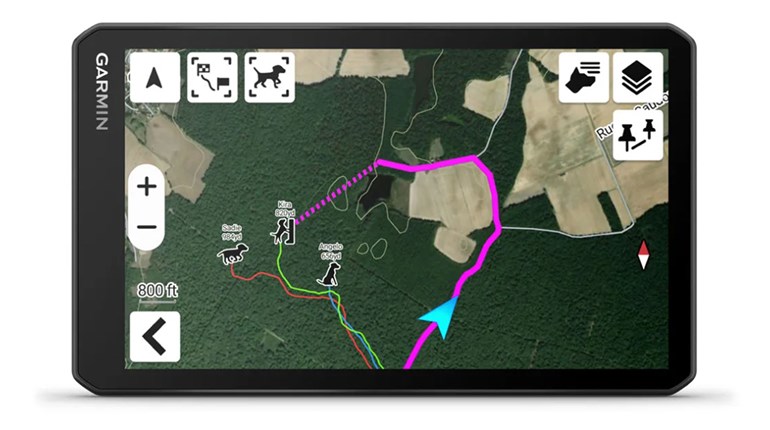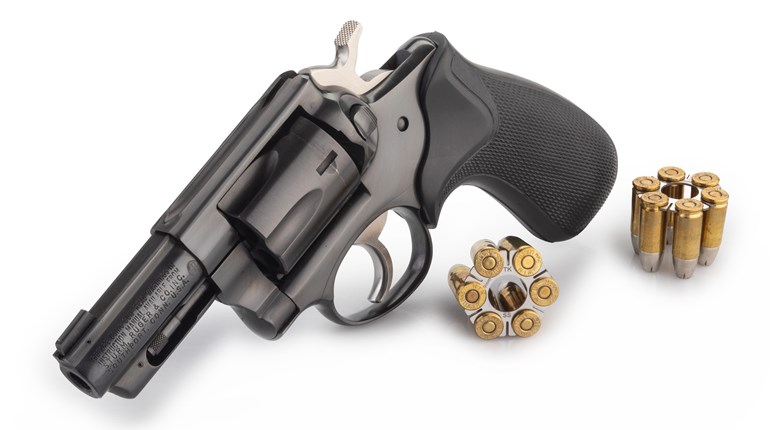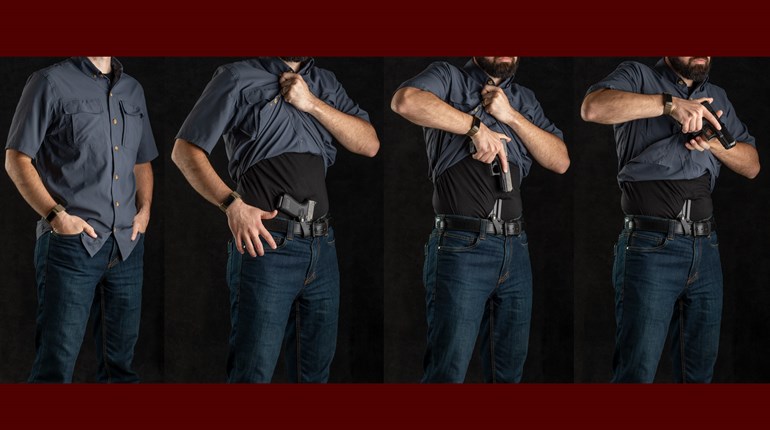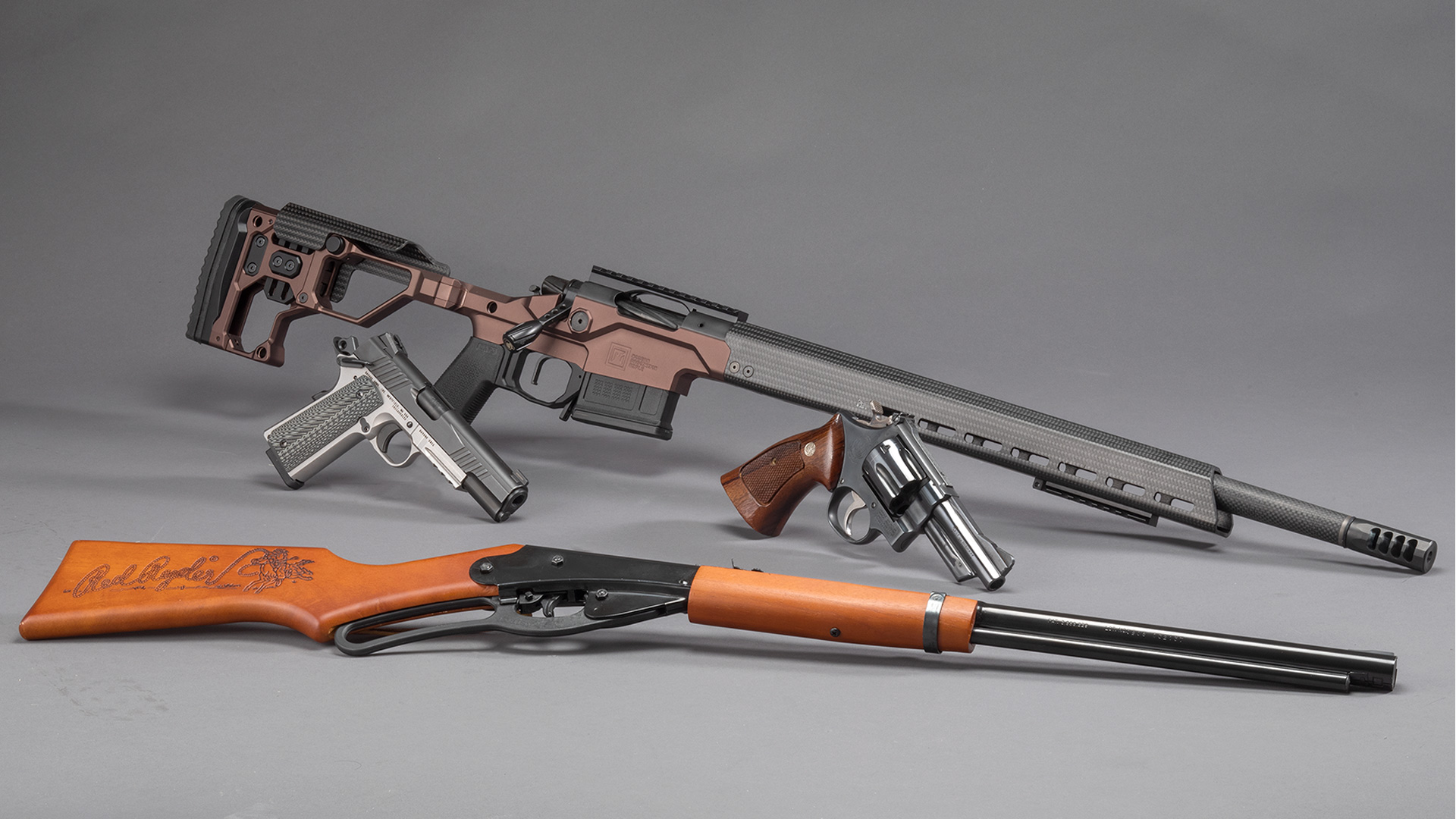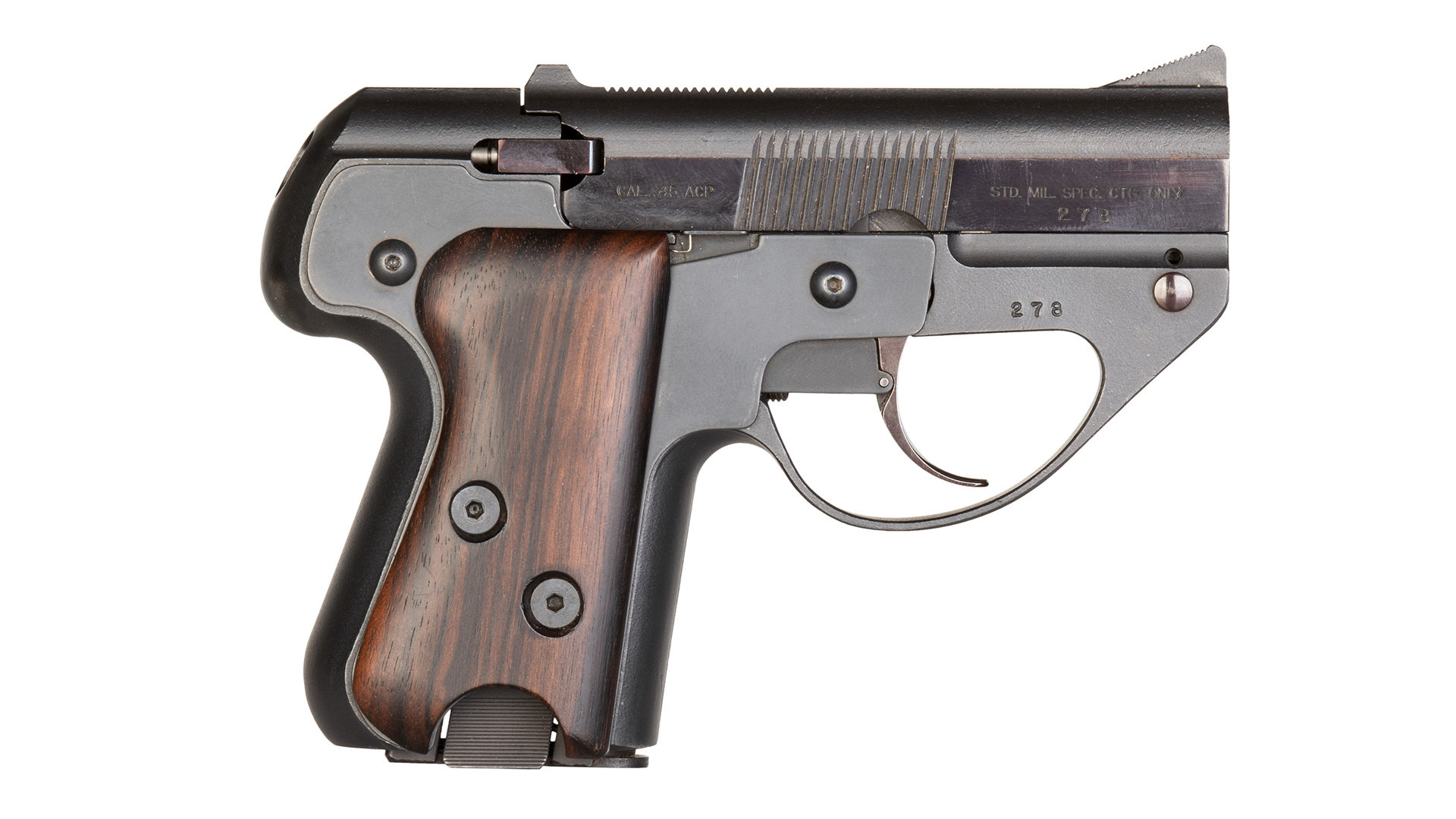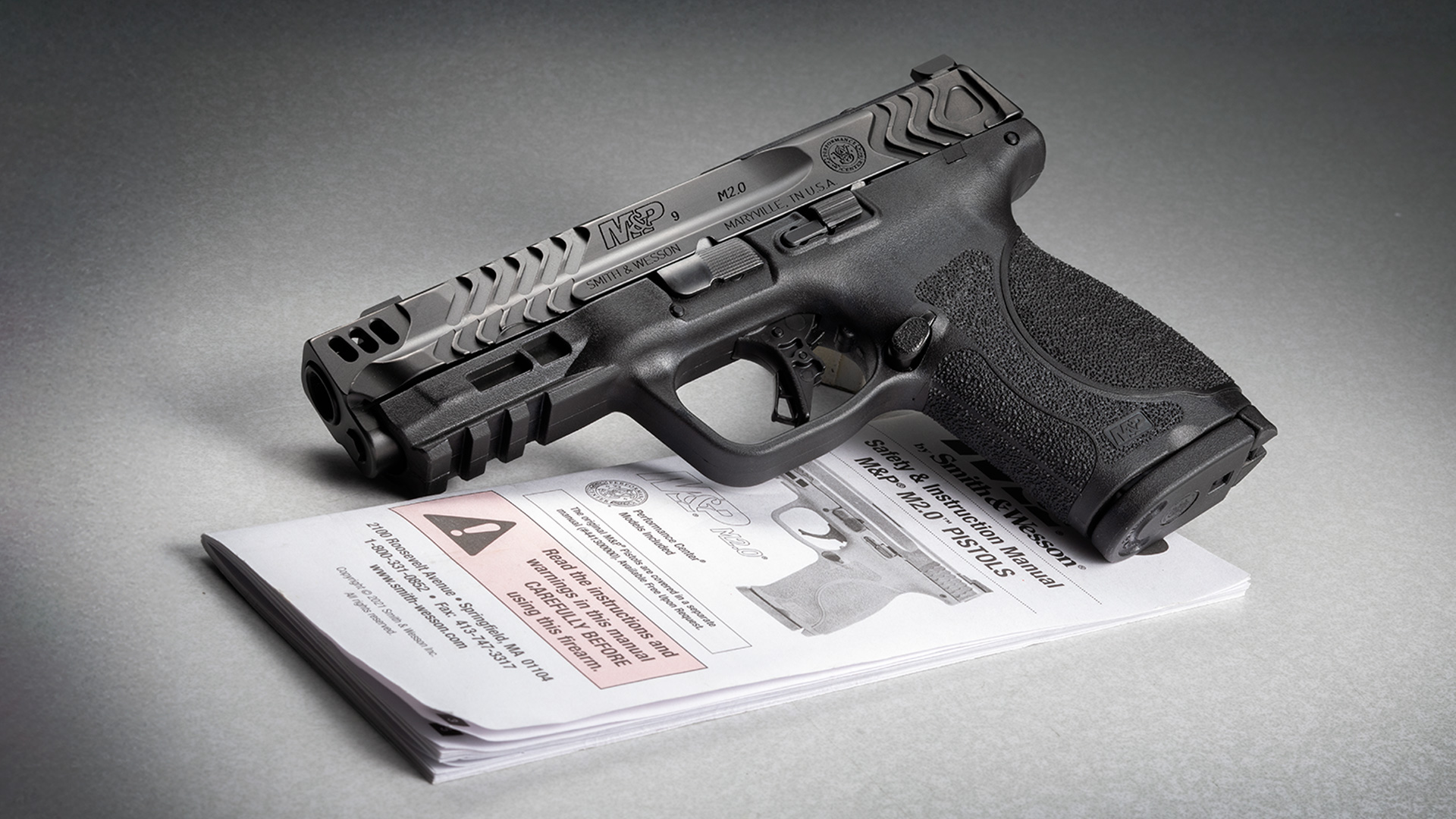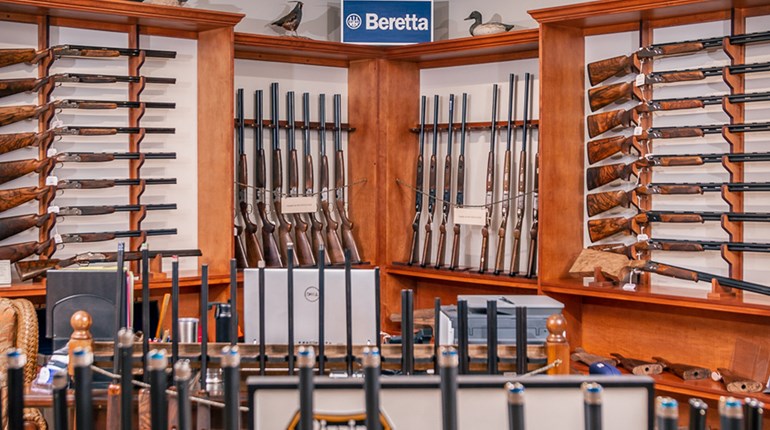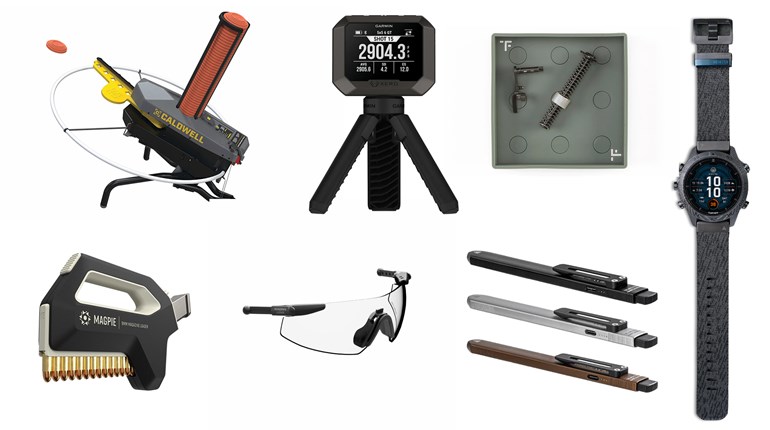
Naturally, when someone is shooting at you, or otherwise trying to kill you, you need to be as fast as you can. However, when the fight or the threat no longer exist, it is just an excellent idea to be very slow about holstering that defensive handgun.
For the past couple of years I have been running an informal survey which has revealed that a large number of negligent discharges (ND) occur when the shooter is putting his pistol back in the holster. My survey has also revealed that a large number of these ND's occur with striker-fired pistols that have no external safety. So let's put that issue aside first.
Those ND's involving the striker-fired pistols are not the fault of the gun—I repeat, they are not the fault of the gun. The fault lies with those who choose a certain type of defensive handgun and then fail to learn the lessons necessary for running it safely. And, for the record, I have also documented ND's of this type with other handgun systems.
The problem lies in two areas. The first is the fact that many of these shooters have not learned to get their finger out of the trigger guard when going back to the holster. The finger impacts the holster and that causes the finger impact the trigger. Learning to keep your finger straight, and along the frame of the pistol, when you are not engaged in actually firing your handgun is a good thing. However, the pistol may also become entangled in the covering garment, or other clothing, and result in an ND.
This brings us to the second part of the problem. Somewhere along the line it became cool in some circles to re-holster quickly after the shooting was over. Maybe some folks thought this looks snappy and professional. The fact is that the defensive shooter only re-holsters after the threat is gone or neutralized and the world once again looks lovely and peaceful. When this is the case he has no reason not to re-holster slowly and carefully.
However, the defensive shooter should be keeping his head up and alert for another possible threat. So he should re-holster without looking down at the holster. You might say that it is sort of re-holstering by Braille. We do that slowly and carefully so that we are immediately aware if something in the process isn't right. Then we might look to see what is wrong, fix it, and finish re-holstering.
A number of the best defensive schools have come to the same conclusion that I have about the source of negligent discharges and are now insisting that their students learn to re-holster slowly. Trust me, this is one survey in which you don't want to be one of the statistics.












